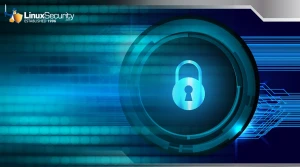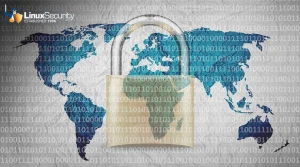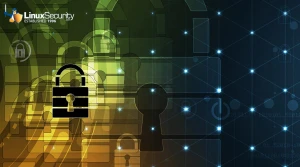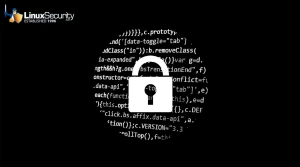New York will now go on to spearhead a regional "cyber security consortium" with public and private representation from all ten Northeastern states, said William Pelgrin, director of the New York State Cyber Security and Critical Infrastructure Coordination Initiative, speaking at a recent meeting of the Information Technology Association of America (ITAA).
When federal government performs "gap analyses" of state cyber security policies, New York comes out on top, said Howard Schmidt, vice chairman of the President's Critical Infrastructure Program Board, during the same ITAA meeting in New York City.
"The next thing we have to do is to spread (this) across all of the other 49 states, and the territories," according to Schmidt.
'Anyone with a floppy disk and a frisbee.' "Anyone with a floppy disk and a frisbee can now go out and write a virus, and send it out over the Internet," Schmidt noted.
Schmidt's office is now holding a series of town meetings across the US, for public input into the Bush administration's emerging draft strategy on "defending cyberspace."
When complete, the National Strategy for Defending Cyberspace will serve as a companion piece to the President's National Strategy for Homeland Security.
The main focus of the national cyberspace strategy will be "voluntary," according to Schmidt.
"(We don't want) regulations around specific industries any more than we need (them)," he said. "(We're) not in the business of the Internet or IT."
'Network security managers aren't the problem' Still, though, companies should already be working on cross-disciplinary security plans anyway, recommended Richard Sheirer, former NY City Commissioner of Emergency Management , speaking at the New York eComm Association's recent Security & Defense Forum.
"Most companies aren't doing so, but network security (managers) aren't the problem," Sheirer elaborated, during an interview later. "IT people usually tend to be collaborative." Sheirer is now managing director of Giuliani Partners, a consultancy established by former NY Mayor Richard Giuliani.
Other speakers at the NY eComm Association's forum also urged private companies to be more proactive. "Whether you're in government (or not), at what capability are you prepared?" asked Dale Watson, principal in Booz Allen Hamilton's Global Strategic Security Practice, and former director and chief of counterterrorism and counterintelligence at the FBI.
IT and physical security should complement each other, suggested Dr. Stephen Flynn, senior fellow for national security studies and the Jeane J. Kirkpatrick Chair in National Security at the US Council on Foreign Relations.
"We are about to engage a ruthless enemy," Flynn told the forum attendees. "(But) we've had openness as our mantra."
According to Flynn, the US effectively imposed an economic blockade against itself by closing all its ports when 9/11 struck.
"The only tool (was) an 'off' switch," Flynn contended "Technology is going to be key."
Joseph R. Rosetti, president of Safir Rosetti, and former vice chairman, Kroll, pointed to several emerging technologies that might help out in the physical space, including biometrics, "smart doors," and RF tagging for container shipments.
The link for this article located at CrossNodes is no longer available.

















